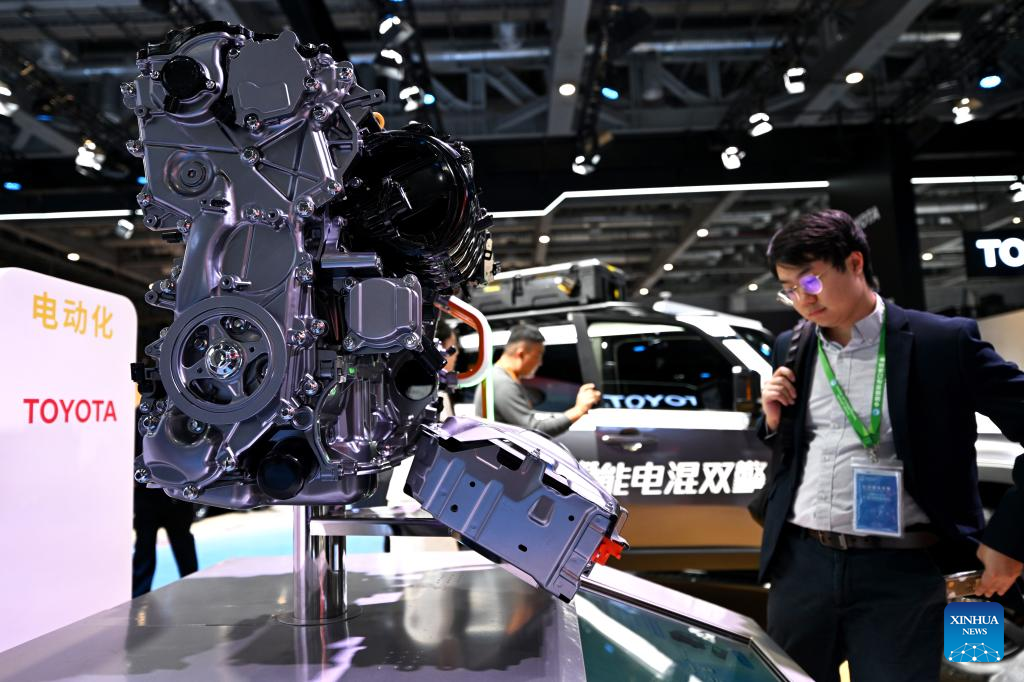
A Toyota research unit will invest in Japanese startup Interstellar Technologies (IST) to support mass production of its rockets, the world's biggest carmaker group said on Tuesday, expanding its foray into the space sector.
IST said that Woven by Toyota, a Toyota subsidiary that is building a "city of the future" in Japan with autonomous driving technology, will invest about 7 billion yen ($44.4 million) in IST by the first close of its Series F funding.
ALSO READ: Toyota global production down for 10th month despite rising sales
As part of the capital and business tie-up, Woven will appoint a director to IST's board and support rocket production by strengthening supply chains and corporate governance, IST said in a statement.
The announcement came after Toyota Chairman Akio Toyoda's speech at the CES trade show in Las Vegas on Monday, where he gave updates to the company's experimental Woven City project, which was announced in 2020.
READ MORE: Japan orders 'drastic reforms' after new Toyota certification violations
"The future of mobility shouldn't be limited to just Earth, or just one car company," Toyoda said. "Speaking of the sky, we're exploring rockets, too."
Apart from launchers, Toyota is building a lunar rover with Japan's space agency that can carry astronauts on the moon's surface for the NASA-led Artemis program.
READ MORE: Japan's antitrust watchdog to issue warning to Toyota subsidiary
The commercial race for space has accelerated over the past decade, led by Elon Musk's rocket and satellite company SpaceX.
The Hokkaido-based IST in 2019 became the first Japanese company to send a commercially developed rocket into space, but its orbital launcher, Zero, remains under development.
IST's rival Space One last month attempted a second flight of its orbital rocket Kairos, but the launch failed.
The Japanese government aims to launch 30 rockets annually by the early 2030s and make Japan Asia's space hub, with an 8 trillion yen space industry, granting subsidies to startups such as IST and Space One.


